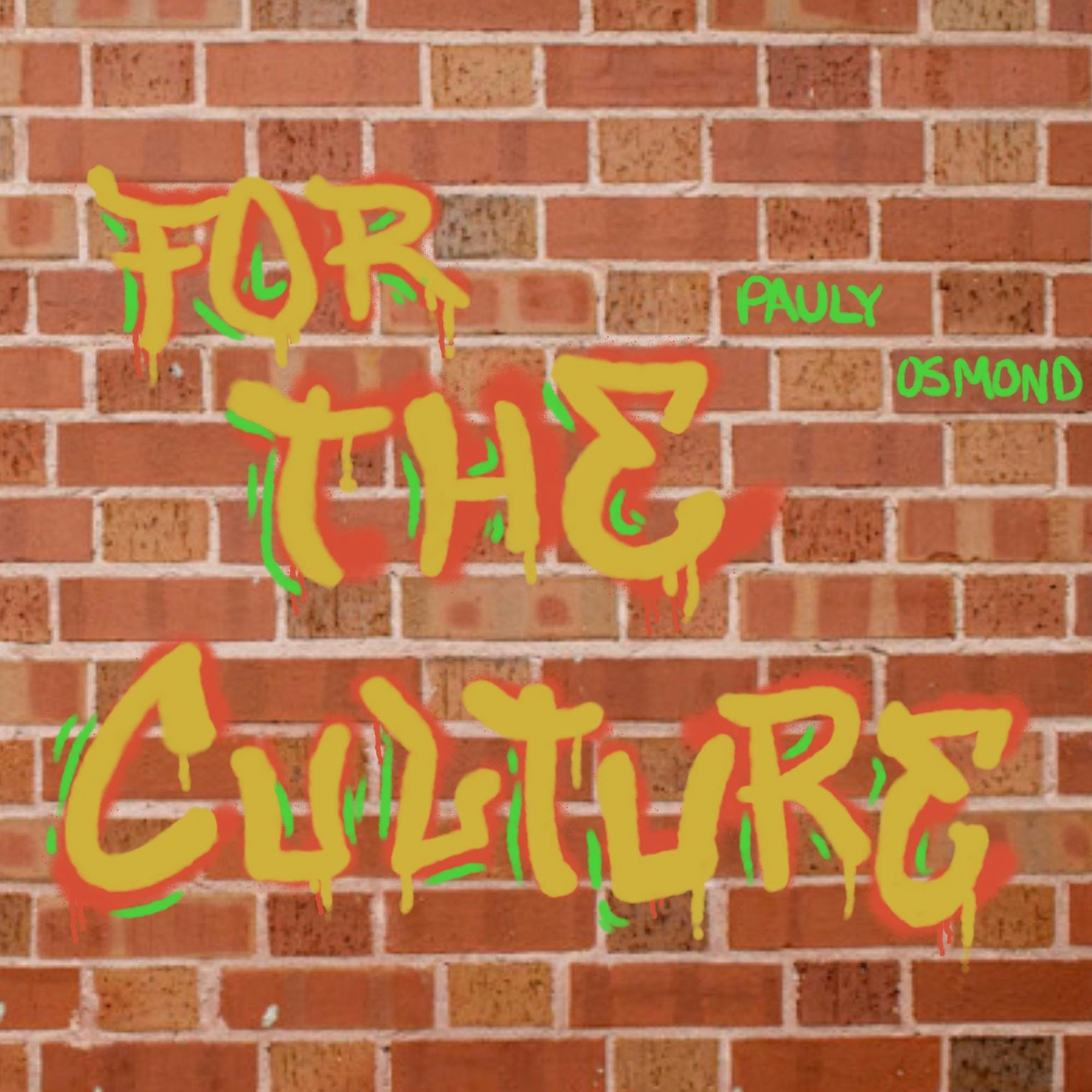Last week, following the chaos generated from Kendrick Lamar’s diss on “Like That,” J. Cole unexpectedly released a new mixtape, titled “Might Delete Later.” Although the body of the mixtape initially received some positive reviews, many listeners reacted negatively to the concluding track, “7 Minute Drill,” wherein Cole pointedly disses his contemporary: “I came up in the ‘Ville, so I’m good when it’s tension/ He still doin’ shows, but fell off like the Simpsons/ Your first s--- was classic, your last s--- was tragic/ Your second s--- put n----- to sleep, but they gassed it.”
Principally, as with any Cole vs. Kendrick argument, the opinions among fans, hip-hop media and reviewers were divided — some said Cole won, others said Kendrick won. Ultimately, this discourse dissolved when Cole apologized to Kendrick in an emotional speech delivered at his Dreamville concert: “I just want to come up here and publicly be like, bruh, that was the lamest, goofiest s---. … Take your best shot, I’ma take that s--- on the chin boy, do what you do. All good. It’s love. And I pray that y’all [will] forgive a n---- for the misstep and I can get back to my true path, because I ain’t gonna lie to y’all, the past two days felt terrible.”
Initially, many fans clowned Cole, exclaiming that he had committed “career suicide,” “lost the beef,” and “realized he couldn't beat Kendrick.” However, after the weekend passed, the general response from fans, critics and commentators shifted towards empathetic understanding. See, as much as Cole has expressed desires for the crown of hip-hop, he has never torn down his contemporaries. In fact, on “First Person Shooter” (2023), albeit definitively expressing longings for regicidal usurpation, Cole neither directly nor personally disses Kendrick. Moreover, over the past five years, Cole has never personally raised disses aimed at Kendrick: So, why now?
As I imagine, Cole was, put simply, fed up. How can Kendrick be the king of hip-hop despite only releasing music every few years? How can he be the king of hip-hop despite providing minimal or mediocre features? How can he be the king of hip-hop when his contemporaries are putting in more and better work? Certainly, Cole had been pondering these questions since Kendrick’s previous release “Mr. Morale & The Big Steppers” (2022). However, since Cole’s most recent release, “The Off-Season” (2021), hip-hop fans, media outlets and critics have all called into question Kendrick’s legitimacy as the king of hip-hop. I am certain Cole, at the very least, recognized some validity in these queries.
Now, although competition is healthy for evolution, (verbal) violence, at least in Cole’s view, is not productive. In fact, Cole has prided himself on withholding from petty beef, maintaining strong friendships and resolving any issues swiftly, so why would he attack his closest contemporary? In my opinion, he wouldn’t, but we all succumb to peer pressure at least once. As Cole indicates in his verse: “I got a phone call, they say that somebody dissin’.”






